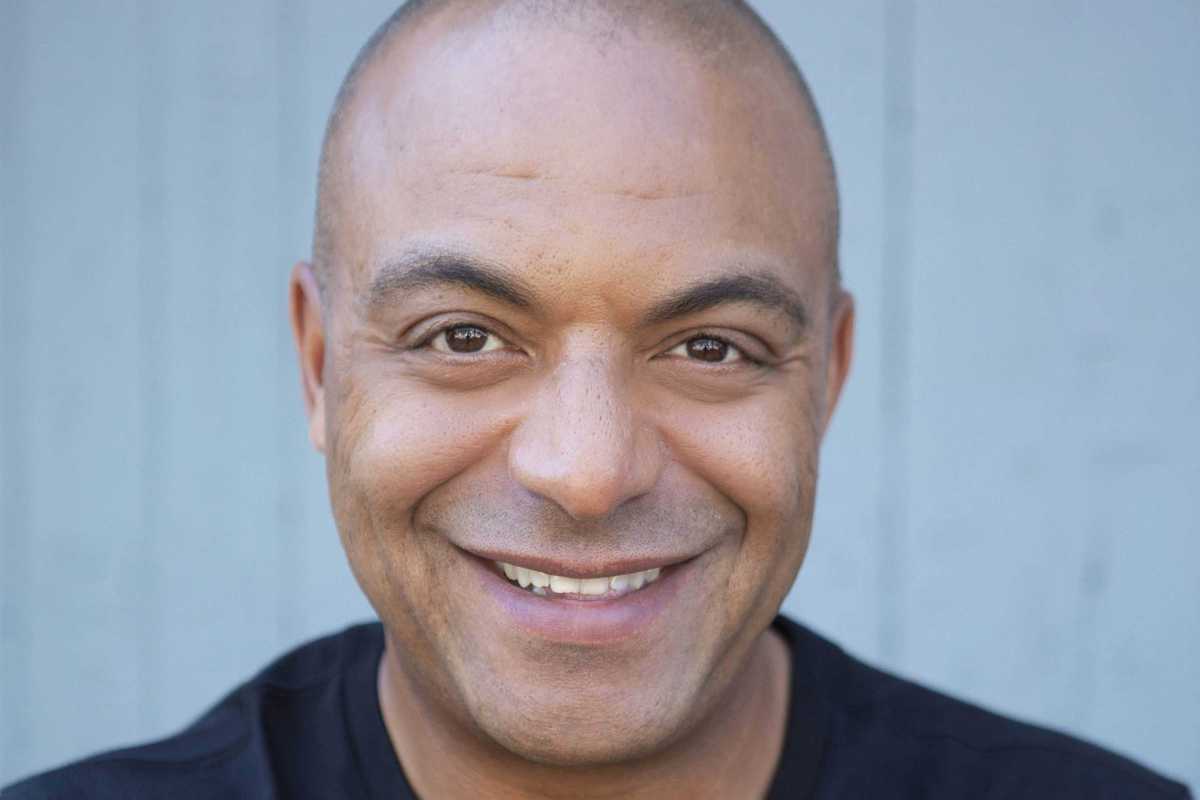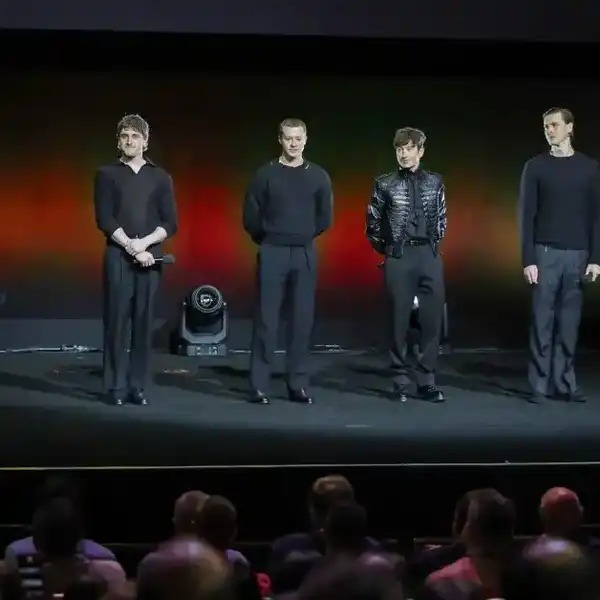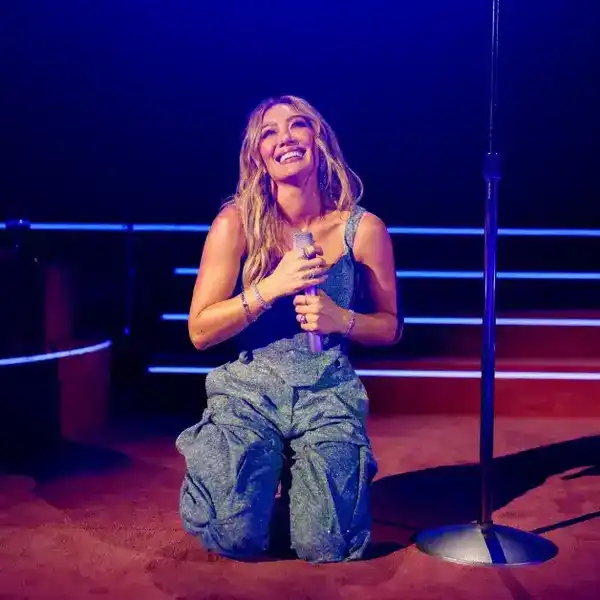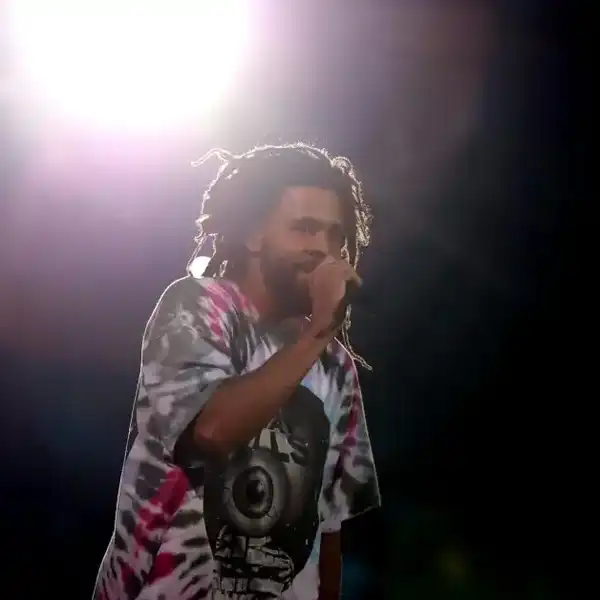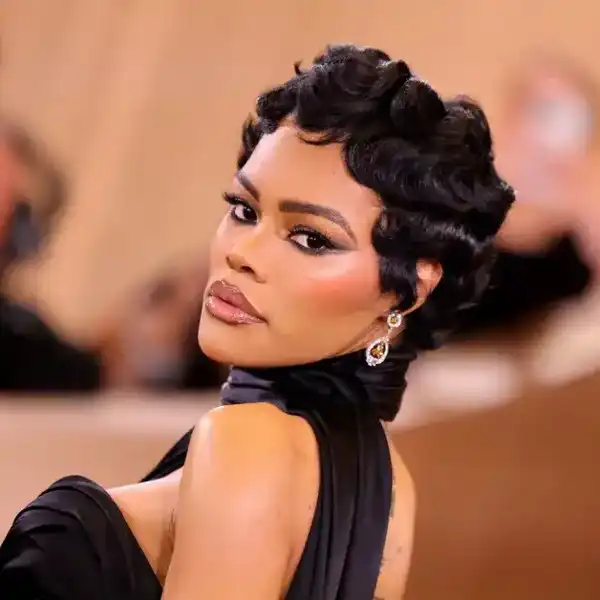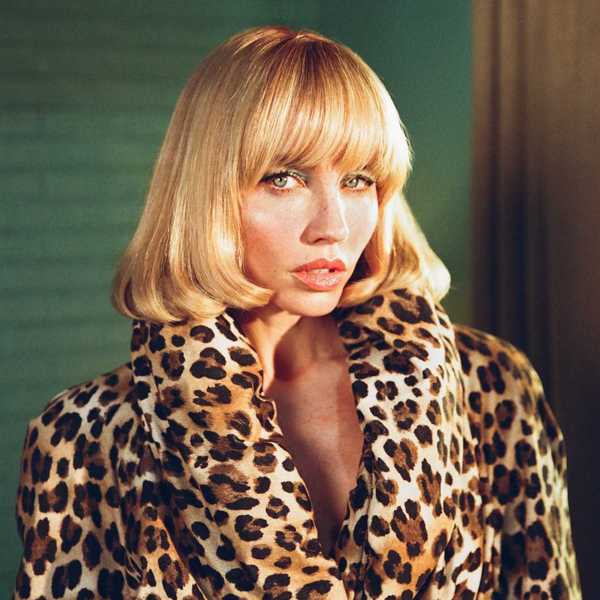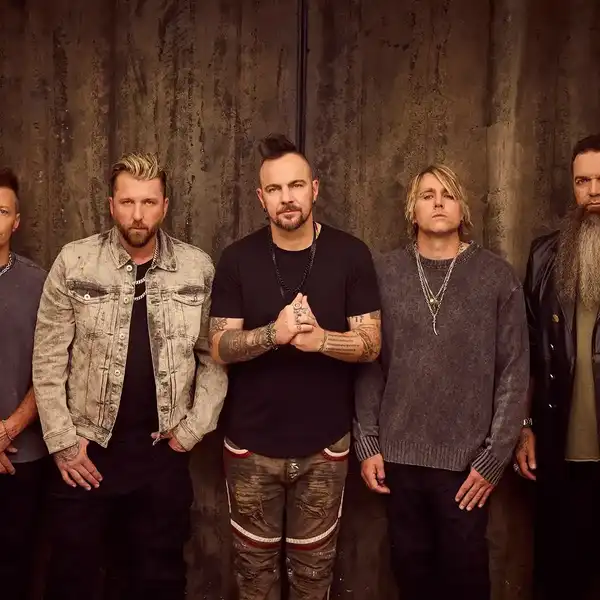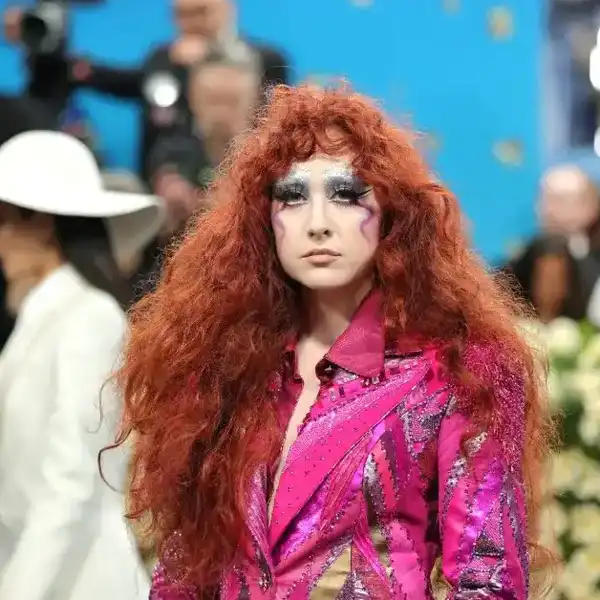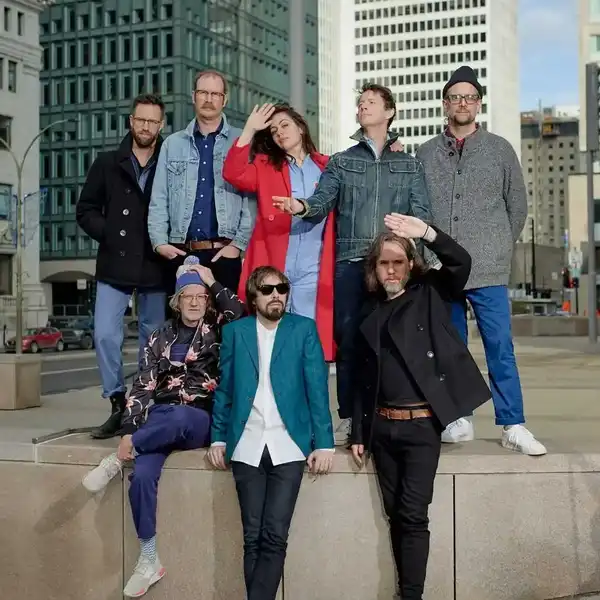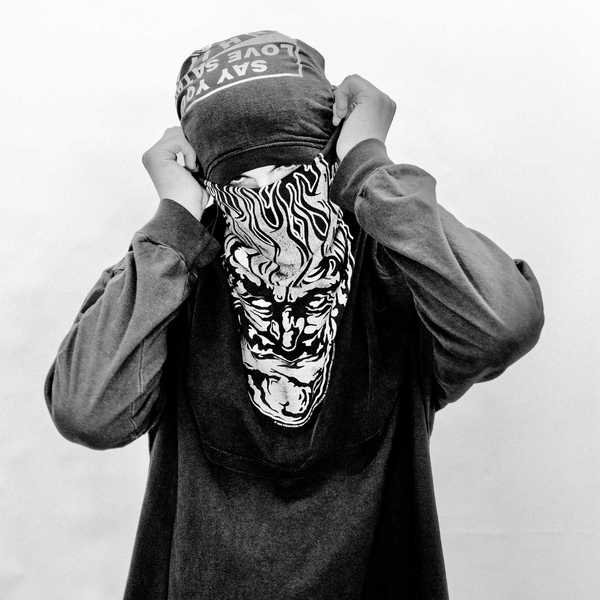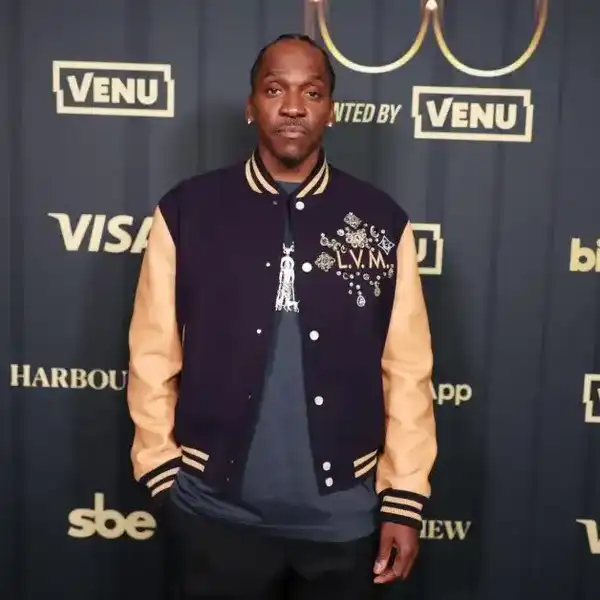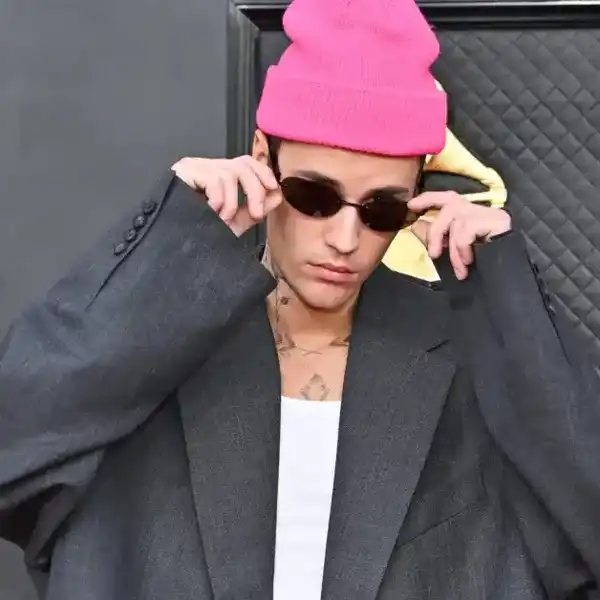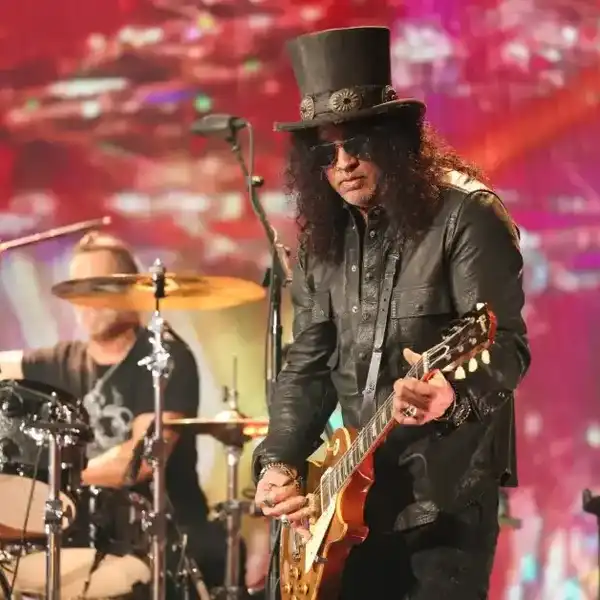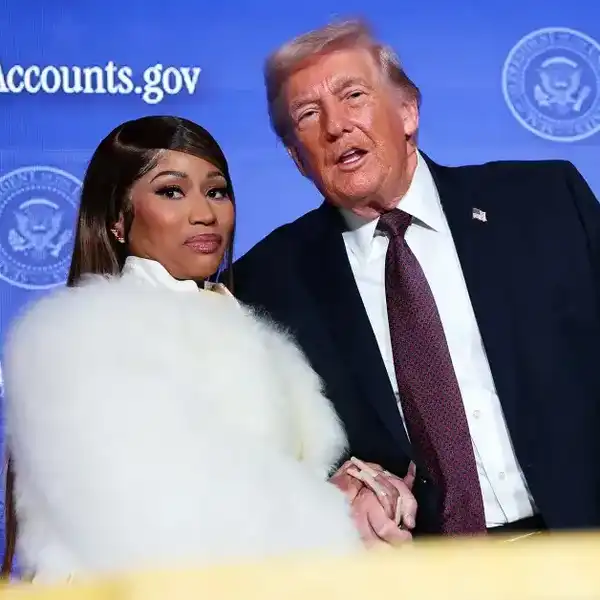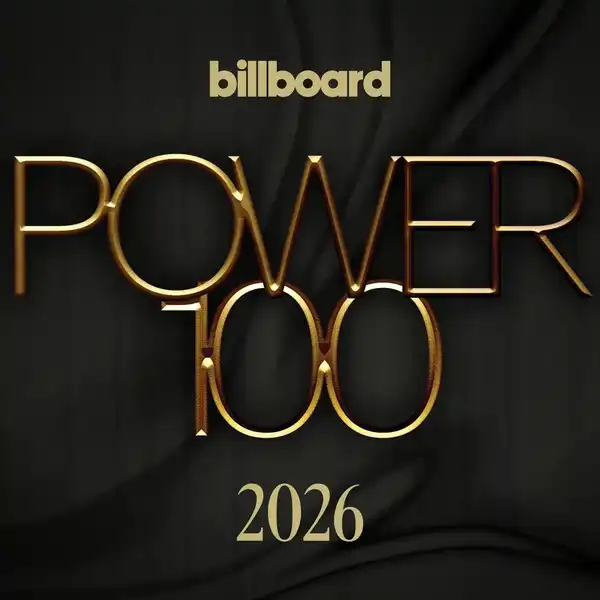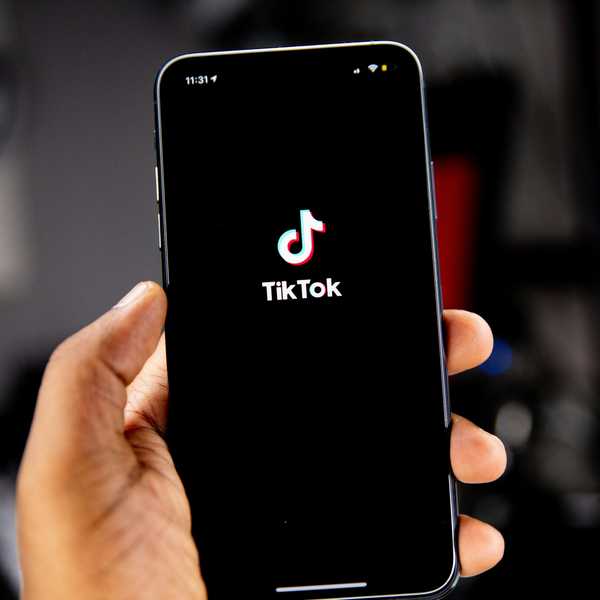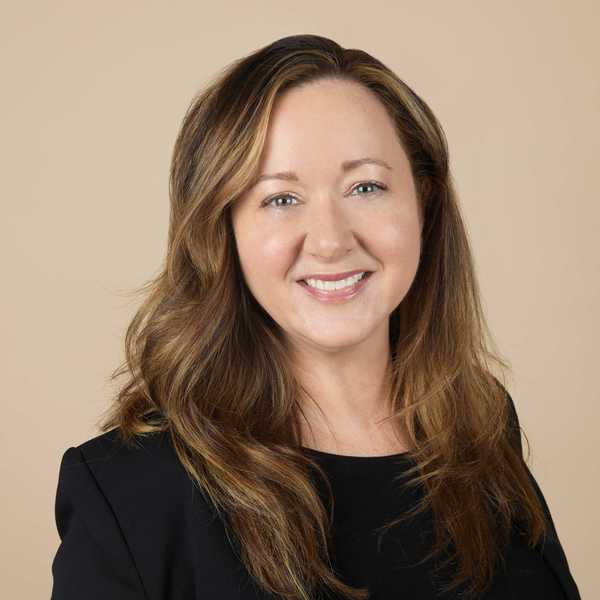advertisement
Billboard is a part of Penske Media Corporation. © 2023 Billboard Media, LLC. All Rights Reserved.
advertisement
Popular
Latest News
advertisement
BILLBOARD CANADA FYI
A weekly briefing on what matters in the music industry
By signing up you agree to Billboard Canada’s privacy policy.
advertisement
advertisement
Touring
Stephane Lecuyer Appointed Chief Operating Officer of The MRG Group and Managing Director of MRG Live
One of Canada's biggest independent music promoters has added to its leadership as it continues to expand.
59m
Stephane Lecuyer is stepping into a new role as chief operating officer (COO) of The MRG Group and managing director of MRG Live.
One of Canada's biggest independent live music companies, the MRG Group and MRG Live have taken over operations for multiple Canadian events and venues in recent months. Back in August, the former acquired for Kelowna, B.C. Venue, Revelry, and the latter obtained a free, two-day Burlington, Ontario waterfront music festival, formerly known as Sound of Music Festival, in October. As both organizations’ portfolios continue to grow, Lecuyer is coming on in a dual leadership role.
Lecuyer’s will oversee the growth, performance and day-to-day initiatives of MRG Live while serving as COO of The MRG Group, executing strategic vision and business operations.
advertisement
For over two decades, the Toronto-based industry executive has worked across touring, media, sports and cultural spaces — from founding and leading international live entertainment firm FULLCC Music Group to producing large-scale tours and festivals worldwide. Most recently, he led operations at sports entertainment company BaAM Productions.
“I’m honoured to step into this role at such an exciting moment in The MRG Group’s evolution,” Lecuyer says. “MRG has built an extraordinary platform rooted in creativity, collaboration and kindness. I’m energized by the opportunity to help shape its next chapter; strengthening connections across the organization, supporting our people and continuing to deliver exceptional live experiences on a global stage.”
“Stephane is a strategic and creative leader with an exceptional ability to build teams, align vision, and execute at the highest level,” says Matt Gibbons, president and founder of The MRG Group. “His experience, values-driven approach and deep understanding of the experience economy make him a powerful addition to our leadership team as we continue to grow our platform globally.”
Billboard Canada 2025 Power Player Jacob Smid reflects on Lecuyer’s leadership prowess, a key skill that will elevate the team at MRG Live. “[Stephane] brings a rare combination of strategic depth, operational excellence and creative ambition, along with a genuine commitment to developing people and culture,” the managing director and COO says.
advertisement
MRG live also recently hired Billboard Canada 40 Under 40 honouree Samantha O'Connor, who joined the team in October as a senior talent buyer leading hop-hop brand RAPSEASON, which the company also acquired.
keep readingShow less
advertisement
Popular
advertisement
Published by ARTSHOUSE MEDIA GROUP (AMG) under license from Billboard Media, LLC, a subsidiary of Penske Media Corporation.
advertisement


